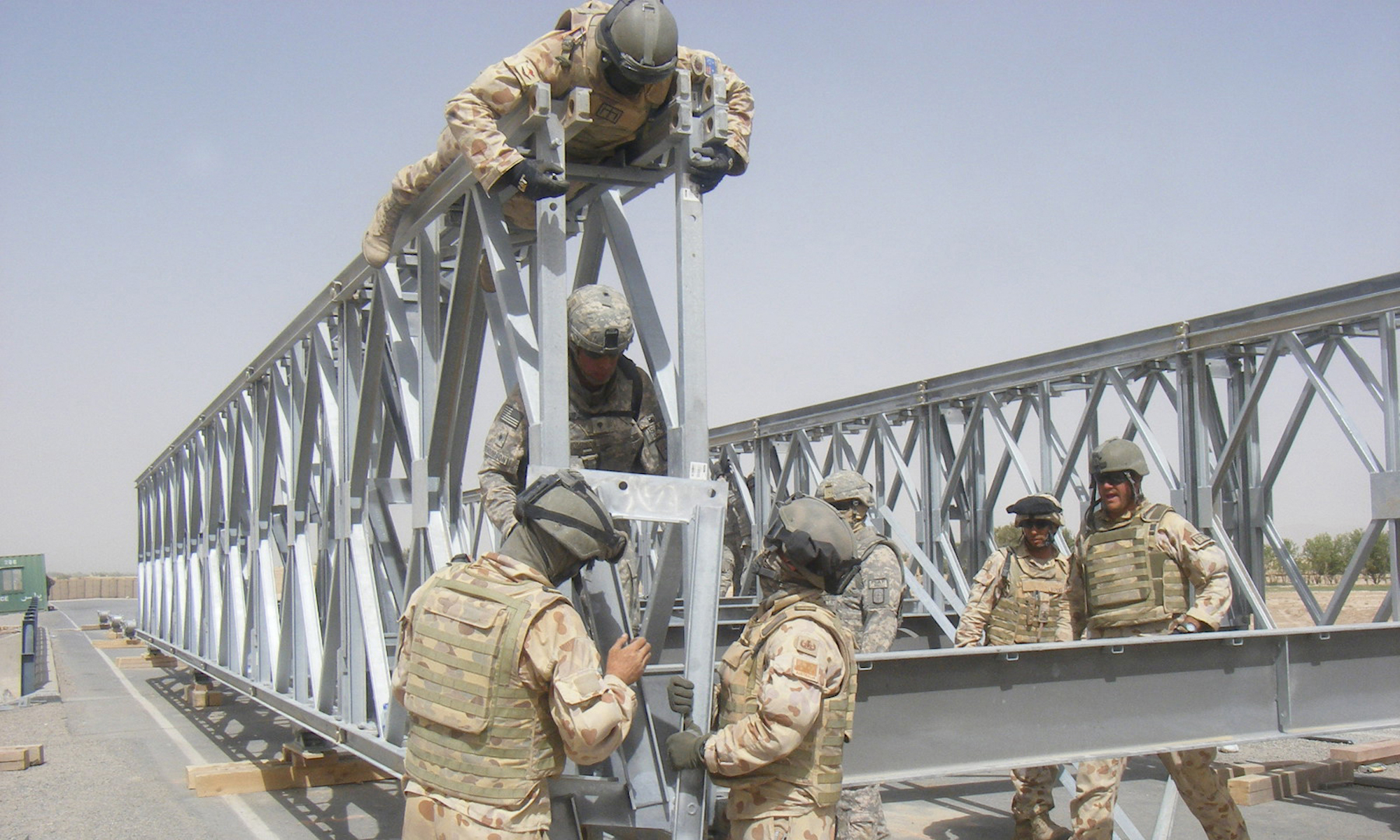Peacebuilding activities in conflict-prone and post-conflict countries are based upon the assumption that effective, preferably liberal, states form the greatest prospect for a stable international order, and that failing or conflict-prone states represent a threat to international security. Peacebuilding is therefore a part of the security agenda. This has brought obvious benefits, most obviously much-needed resources, aid and capacity-building to conflict-prone countries in the form of international assistance, which has contributed to a decline in intrastate conflicts. However, there are a number of negative implications to the securitization of peacebuilding. This article considers the implications of this, and concludes that it is difficult to mediate between conventional and critical views of peacebuilding since they are premised upon quite different assumptions regarding what peacebuilding is and what it should be.

INSCT Postconflict Research Database
The Institute for National Security and Counterterrorism's Postconflict Research Database & Analysis Project stores cross-indexed bibliographic information on hundreds of journal articles, books, book chapters, and case reports that address the broad, interdisciplinary fields of postconflict reconstruction, stabilization, and peacebuilding.
48 Replies to “Peacebuilding as Security in “Failing” and Conflict-Prone States”
Comments are closed.